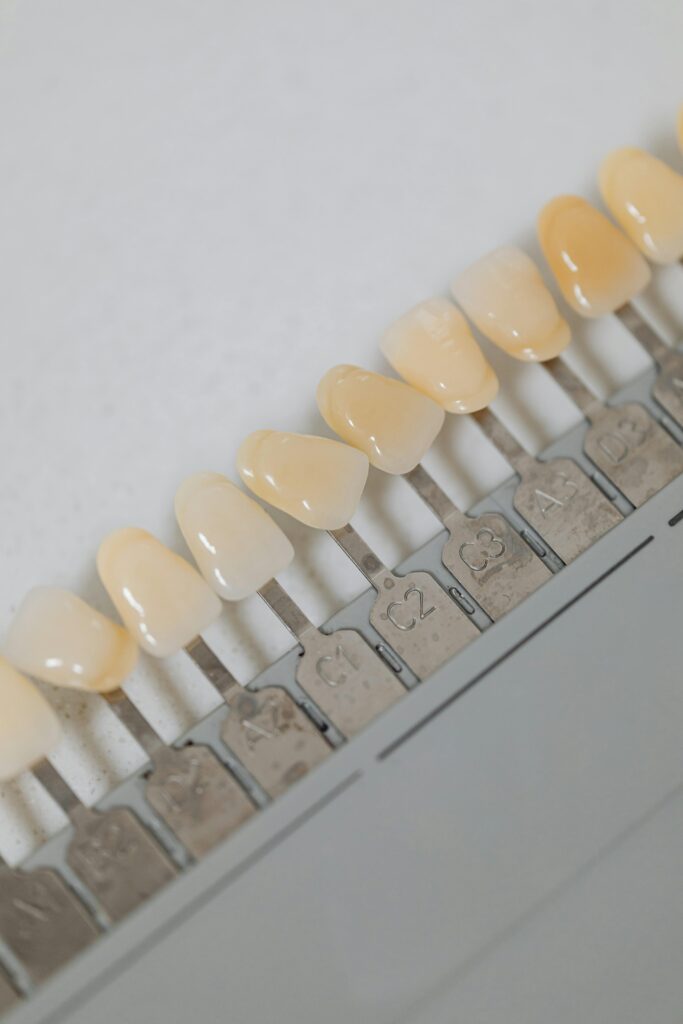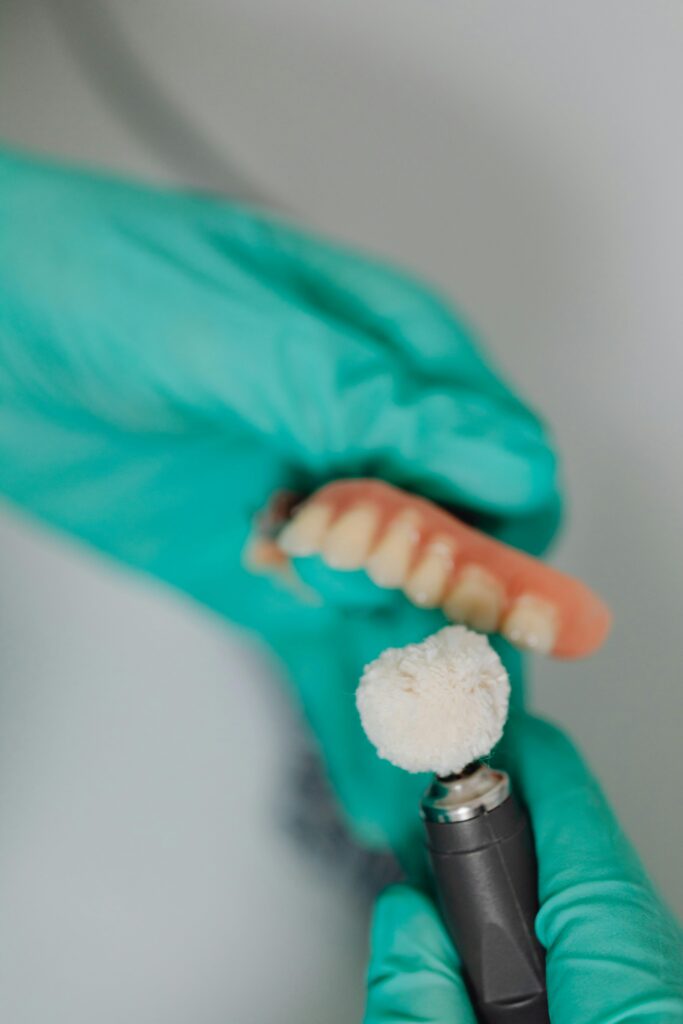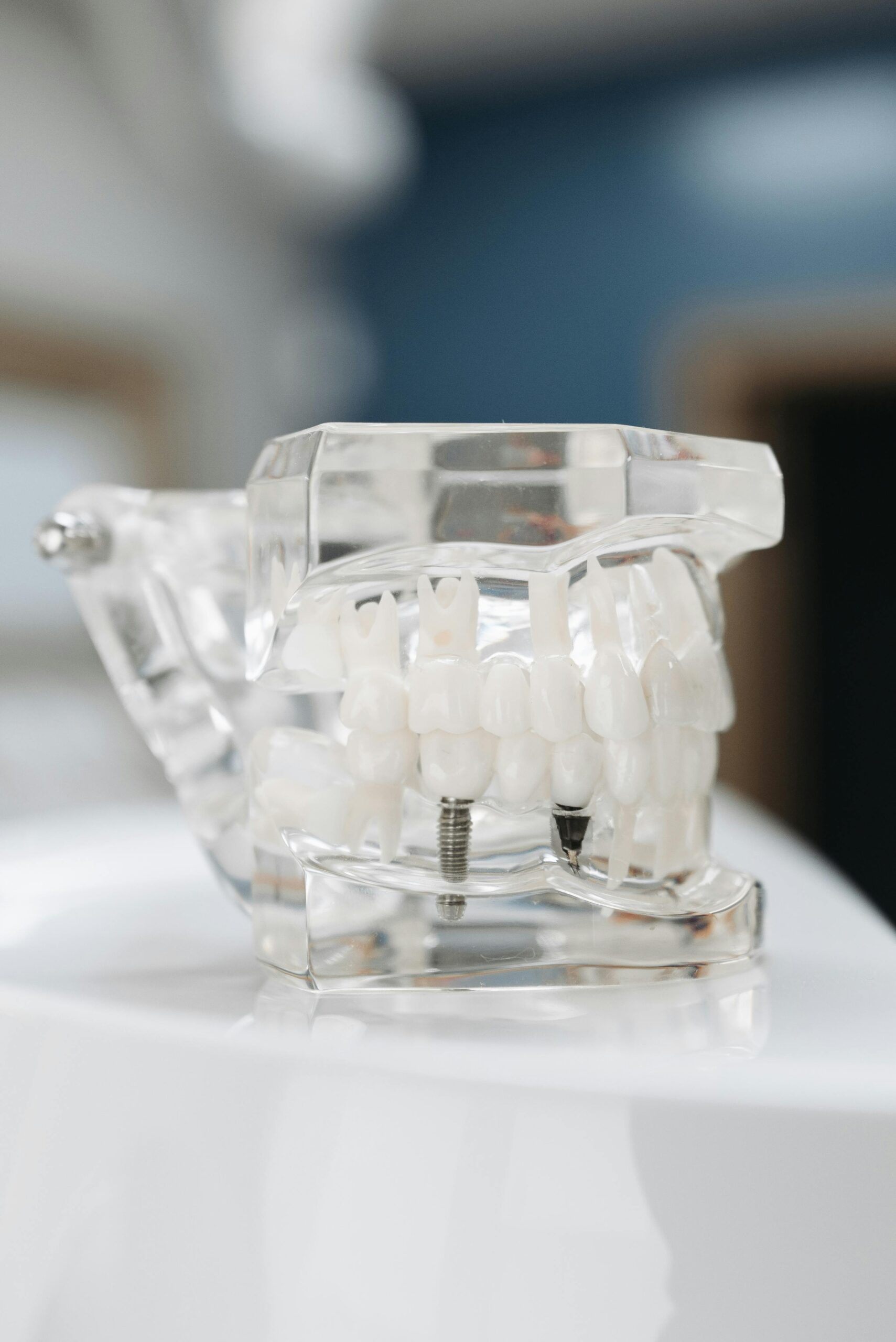“Explore how Dental Implants provide a lifelong solution for a confident smile. Discover the benefits, process, and long-term advantages of Dental Implants for restoring your smile, enhancing oral health, and boosting self-esteem with durable, natural-looking results.”
Are you struggling with missing teeth and looking for a permanent solution? it might be the answer you’ve been searching for. Whether you’ve lost a tooth due to injury, decay, or aging, dental implants offer a natural-looking, durable, and long-term solution to restore your smile and confidence.
In this comprehensive guide, we’ll explore everything you need to know about this, from how they work to their benefits, costs, and real-life experiences. Let’s dive in!
Table of Contents
What Are Dental Implants?
these implants are artificial tooth roots made of biocompatible materials like titanium. They are surgically placed into your jawbone to support replacement teeth, such as crowns, bridges, or dentures. Unlike traditional dentures, dental implants are fixed in place, providing a stable and permanent solution for missing teeth.

How Do Dental Implants Work?
The process of getting a dental implant involves several steps:
- Consultation: Your dentist will evaluate your oral health and determine if you’re a good candidate for implants.
- Implant Placement: The titanium post is surgically inserted into your jawbone.
- Osseointegration: Over a few months, the implant fuses with your jawbone, creating a strong foundation.
- Abutment and Crown: Once healed, an abutment is attached to the implant, followed by a custom-made crown that matches your natural teeth.
Benefits of Dental Implant
- Natural Look and Feel: it blends seamlessly with your natural teeth.
- Improved Oral Health: Unlike bridges, implants don’t require altering adjacent teeth.
- Durability: With proper care, implants can last a lifetime.
- Enhanced Confidence: Say goodbye to gaps and hello to a radiant smile!
The Dental Implant Procedure: Step-by-Step
- Initial Consultation: Your dentist will take X-rays and create a treatment plan.
- Surgery: The implant is placed under local anesthesia.
- Healing Period: Allow 3-6 months for osseointegration.
- Final Restoration: The crown is attached, completing your smile.
Dental Implants vs. Other Tooth Replacement Options
| Option | Pros | Cons |
|---|---|---|
| Dental Implants | Permanent, natural-looking | Higher upfront cost |
| Dentures | Affordable, non-invasive | Less stable, requires maintenance |
| Dental Bridges | Quick solution | Requires altering adjacent teeth |
Real-Life Experiences with Dental Implant
Meet Sarah, a 45-year-old teacher who lost a front tooth in an accident. She shares, “I was so self-conscious about my smile. After getting a dental implant, I feel like myself again. It looks and feels so natural—no one can tell it’s not my real tooth!”
Similarly, John, a 60-year-old retiree, says, “I struggled with dentures for years. Switching to implants was life-changing. I can eat, speak, and smile without worry.”
Cost of Dental Implant: Is It Worth It?
The cost of dental implants varies depending on factors like location, the number of implants, and additional procedures (e.g., bone grafts). On average, a single implant can cost between 3,000and3,000and5,000. While the upfront cost may seem high, the long-term benefits make it a worthwhile investment.
Caring for Your Dental Implants
Dental implants are a long-term investment in your oral health and overall well-being. While they are designed to be durable and last for decades, proper care is essential to ensure their longevity and maintain your smile. Here’s everything you need to know about caring for your dental implants:
1. Maintain Excellent Oral Hygiene
Just like natural teeth, dental implants require regular cleaning to prevent plaque buildup and infections.
- Brush Twice Daily: Use a soft-bristled toothbrush and non-abrasive toothpaste to clean your implants gently.
- Floss Daily: Use implant-specific floss or a water flosser to remove food particles and plaque from hard-to-reach areas.
- Antibacterial Mouthwash: Rinse with an alcohol-free, antibacterial mouthwash to reduce bacteria and keep your gums healthy.

2. Schedule Regular Dental Check-Ups
Routine dental visits are crucial for the health of your implants.
- Professional Cleanings: Your dentist can clean areas that are difficult to reach at home.
- Implant Monitoring: Regular check-ups allow your dentist to detect and address any issues early, such as gum disease or implant loosening.
3. Avoid Harmful Habits
Certain habits can damage your implants or compromise their longevity.
- Avoid Chewing Hard Objects: Don’t use your teeth to open packages or chew on ice, pens, or hard candies.
- Quit Smoking: Smoking can hinder healing and increase the risk of implant failure.
- Limit Staining Foods/Drinks: While implants are stain-resistant, the surrounding natural teeth can discolor. Limit coffee, tea, and red wine.
4. Protect Your Implants
If you grind or clench your teeth (bruxism), take steps to protect your implants.
- Wear a Night Guard: A custom-made night guard can prevent excessive pressure on your implants while you sleep.
- Avoid Excessive Force: Be mindful of habits like nail-biting or chewing on hard foods.
5. Watch for Warning Signs
Even with proper care, issues can arise. Be vigilant and contact your dentist if you notice:
- Swelling or Redness: Around the implant site.
- Pain or Discomfort: Especially when chewing.
- Loose Implant: If the implant feels unstable.
- Bleeding Gums: This could indicate gum disease.
6. Maintain a Healthy Lifestyle
Your overall health plays a role in the success of your implants.
- Eat a Balanced Diet: Nutrient-rich foods support gum health and healing.
- Stay Hydrated: Drinking water helps wash away food particles and bacteria.
- Manage Health Conditions: Conditions like diabetes can affect healing, so keep them under control.
7. Long-Term Care Tips
- Replace Worn-Out Parts: Over time, the crown or abutment may need replacement. Regular check-ups will help identify when this is necessary.
- Stay Consistent: Good oral hygiene habits should be maintained daily to ensure the longevity of your implants.
Real-Life Example
Lisa, a 50-year-old dental implant recipient, shares her experience: “After getting my implants, my dentist emphasized the importance of proper care. I brush, floss, and use a water flosser every day. I also visit my dentist every six months. It’s been five years, and my implants look and feel as good as new!”
- Brush and floss daily to maintain oral hygiene.
- Visit your dentist regularly for check-ups and cleanings.
- Avoid chewing hard objects like ice or pens.
Frequently Asked Questions (FAQs)
Q: Are it is painful?
A: The procedure is performed under anesthesia, so you won’t feel pain during the surgery. Some discomfort during recovery is normal but manageable with medication.
Q: How long do dental implants last?
A: With proper care, dental implants can last a lifetime.
Q: Can anyone get dental implants?
A: Most people are eligible, but you need sufficient jawbone density. If not, a bone graft may be required.

Conclusion
Dental implants are a game-changer for anyone dealing with missing teeth. They offer a permanent, natural-looking solution that improves your oral health, confidence, and quality of life. If you’re considering it, consult with a qualified dentist to explore your options.
